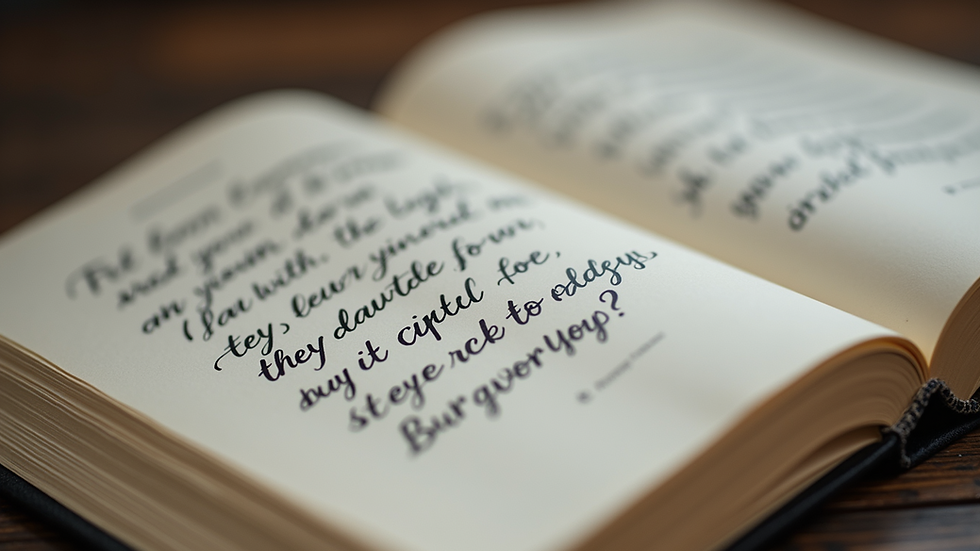The Power of Reading Through Every Stage of Life
- steven10521
- Oct 22
- 2 min read
Reading is not simply a hobby. It is a quiet act of rebellion against ignorance, a tool for growth, and a constant companion from childhood to old age. At every point in life, the written word shapes who we are and how we see the world.
Childhood: The Spark of Imagination

The first stories we hear shape the way we think. Children’s books are not just entertainment; they are lessons in empathy, imagination, and understanding. A picture book about a talking bear or a brave little girl can teach courage and kindness far better than a lecture. The rhythm of reading aloud helps children develop language skills and a love for learning. It builds curiosity.
When a parent or teacher reads to a child, something more than learning happens. A bond forms. A trust in the sound of language and the rhythm of storytelling takes root. That trust grows into a lifelong relationship with books.
Teen Years: Discovery and Defiance
Adolescence is when reading becomes personal. Teenagers read to find themselves, to rebel, or to make sense of emotions too complex to explain. A good book during this time can change how a young person sees everything. It challenges them to question authority, question belief, and question the world.
This stage often decides whether reading becomes a habit or a memory. The pressure of school, technology, and social life can drown out quiet moments with a book. Yet those who keep reading find strength in it. The characters and ideas from those books shape identity long after the pages close.
Adulthood: Escape and Understanding
For adults, reading is both a break from the world and a way to make sense of it. A novel can provide escape from stress, while a memoir can bring comfort through shared experience. Reading sharpens empathy and teaches perspective. It helps adults slow down and think.

At a time when life becomes full of noise, books offer silence. They ask for patience and reward reflection. Whether fiction or fact, they remind us that we are not alone in our struggles, that others have faced similar fears and still moved forward.
Later Life: Reflection and Connection
In later years, reading becomes both comfort and company. It stimulates the mind, keeps memory active, and invites reflection. Older readers often return to the books they loved decades earlier. Those words now carry new meaning, filtered through the wisdom of experience.
Reading groups, libraries, and shared book discussions also keep loneliness away. They give purpose, routine, and connection. Studies show that reading helps maintain mental sharpness, but the real value lies in the sense of continuity. Books keep the world open, even when movement slows.
The Constant Thread
Reading follows us through life, changing shape as we change. Children read to dream, teenagers to discover, adults to escape or reflect, and elders to remember. It is never wasted time. A book, no matter its age or subject, keeps the mind alive and the heart curious.
At every stage, reading reminds us of what it means to be human. It teaches humility, compassion, and wonder. It asks us to listen before we speak. Long after the final page, it leaves us seeing the world a little more clearly than before.



Comments